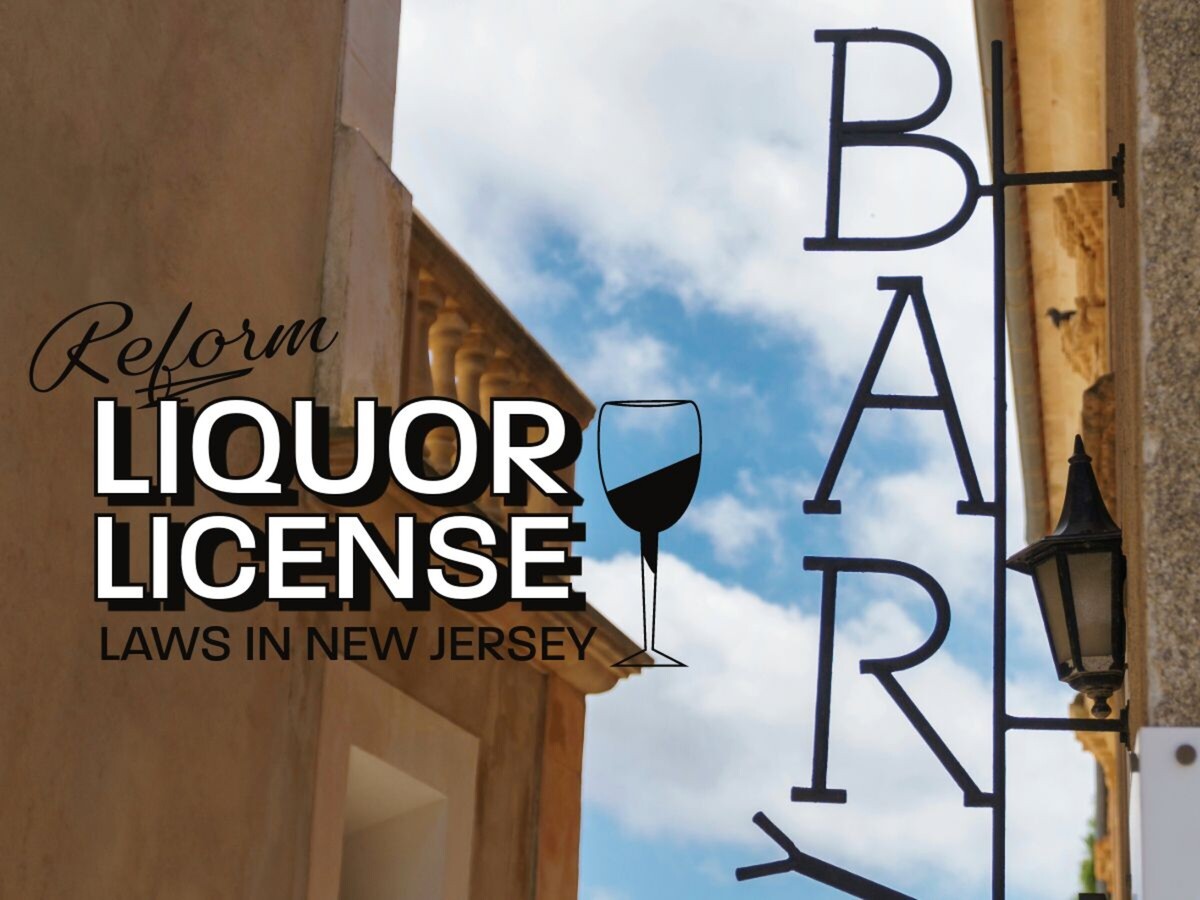Image


[Trenton, NJ] – In a significant legislative development, Governor Phil Murphy has signed into law a bill (S-4265/A-5912) that reforms New Jersey's liquor license system for the first time in nearly a century. This new law aims to increase the number of available liquor licenses and relax restrictions on breweries and distilleries, potentially impacting various sectors of the state's economy.
The legislation, developed in collaboration with lawmakers, responds to long-standing calls for modernization of the state's liquor licensing laws. Senator Vin Gopal and Assemblyman Clinton Calabrese, primary sponsors of the bill, emphasized the importance of updating these laws to support the growth of New Jersey’s craft alcohol industry and to encourage economic development in local communities.
Under the new law, the availability of liquor licenses will significantly expand. One of the critical aspects of this reform is addressing the issue of inactive and pocket licenses – licenses that are either unused or not attached to a specific location. The legislation imposes a mandate on license holders to either activate or sell their licenses within a two-year timeframe. Failure to do so will allow for the transfer of these licenses to contiguous municipalities. This move is expected to reintroduce as many as 1,356 licenses back into the market.
The law also introduces new retail consumption liquor licenses, particularly benefiting large shopping malls. These provisions align with the challenges faced by brick-and-mortar retail centers, especially in the post-pandemic era and the rise of online shopping.
Further, the legislation significantly eases operational restrictions on breweries, distilleries, cideries, and meaderies. It lifts the requirement for mandatory tours, expands collaboration opportunities with food vendors, and permits a wider range of on-site and off-site events. Additionally, the production cap for breweries has been increased, and a new farm-brewery license has been introduced.
While the law is seen as a positive step towards revitalizing the state's craft alcohol sector and enhancing local economies, it also reflects a balancing act between fostering growth and preserving the interests of existing liquor license holders and traditional establishments.
The enactment of this law represents a significant shift in New Jersey's approach to liquor licensing, potentially opening new opportunities for economic growth and diversification in the state's beverage and hospitality industries.
Division of Alcoholic Beverage Control Lifts Conditions on Breweries from 2019 Administrative Order after Signing of Legislation by Governor Murphy
Law Creates New On- and Off-Premise Privileges for Holders of Craft Manufacturer Licenses
In an Administrative Order released [Jan. 16, 2024], the Division of Alcoholic Beverage Control (“Division”) announced that the legislation signed by Governor Murphy to create new on- and off-premise privileges for holders of craft manufacturer licenses has superseded the May 28, 2019 Special Ruling Authorizing Certain Activities by Holders of Limited Brewery Licenses (2019 Special Ruling). In addition, the Special Conditions that were placed on limited brewery licenses derived from the 2019 Special Ruling have been rescinded, effective immediately.
The legislation (S-4265/A-5912) will create new on- and off-premise privileges for holders of craft manufacturer licenses. These expanded privileges are applicable to holders of limited brewery licenses, cidery and meadery licenses, and craft distillery licenses.
The Administrative Order issued today vacates the May 28, 2019 Special Ruling, and rescinds the Special Conditions imposed on all limited brewery licenses for the 2023-2024 license term.
In addition, the Division anticipates issuing additional guidance in the aftermath of the legislation becoming law, and will promulgate regulations implementing the craft manufacturing provisions in the near future.
In the meantime, all limited brewery licensees, other craft manufacturers, and those craft manufacturers currently operating on Temporary Authorization Permits (TAPs) must comply with the provisions of S-4265/A-5912 and all other applicable provisions of the Alcoholic Beverage Control Act (ABC Act) N.J.S.A. 33:1-1 to 33:1-103, and any applicable regulations.